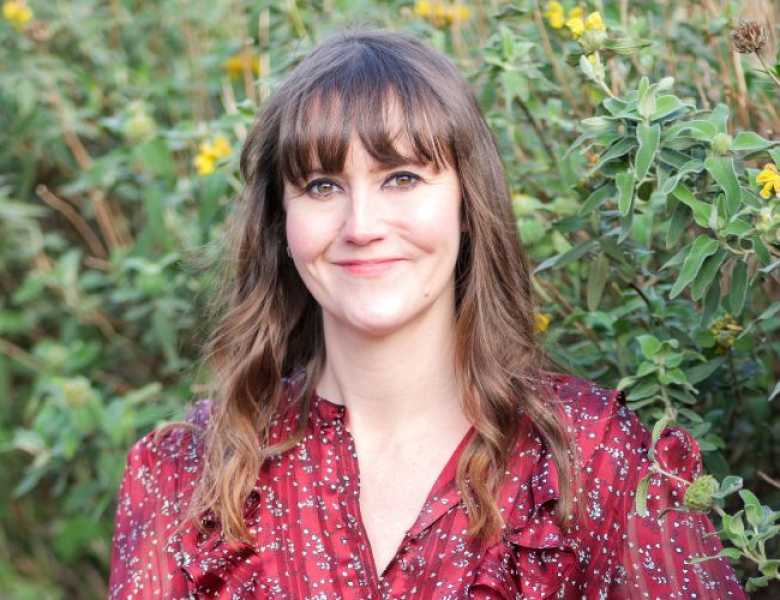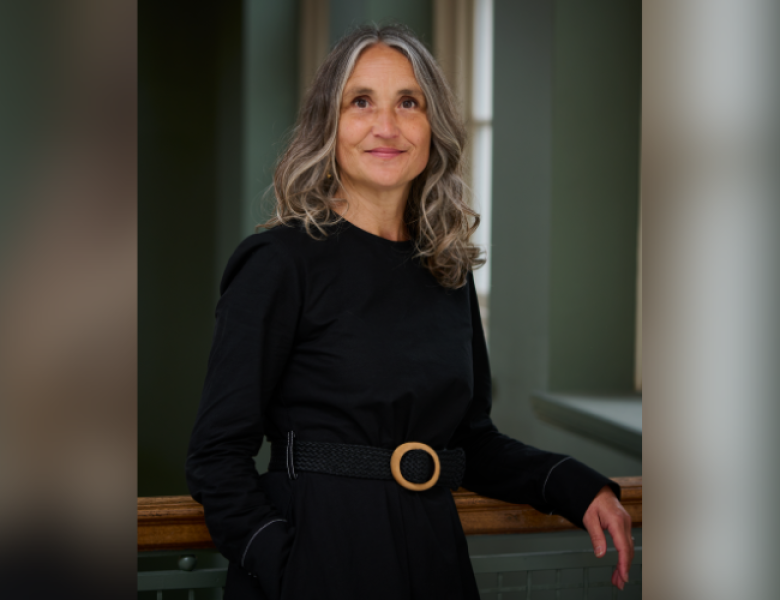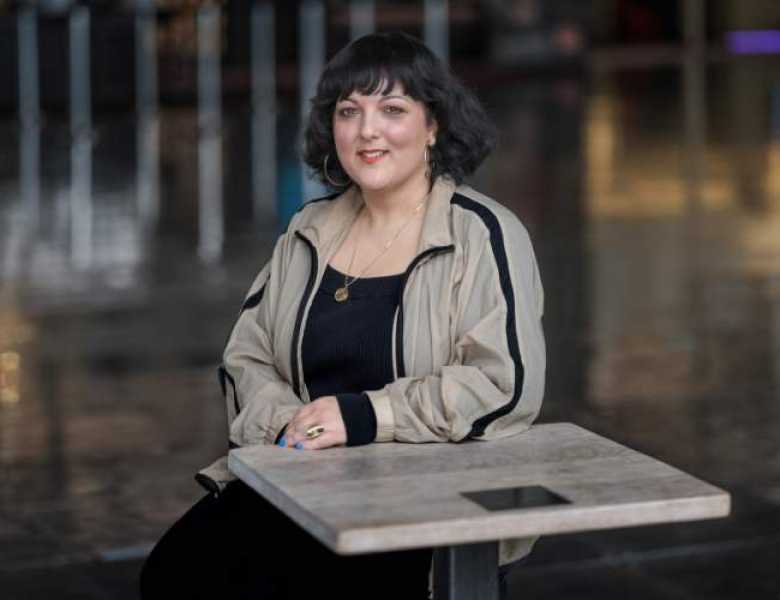Lily Einhorn is the Two Boroughs Project Manager at the Young Vic, working with local residents and community groups in the neighbourhood. She is also a freelance writer and community theatre practitioner. In a series of posts Lily shares her experience of a recent visit to the Good Chance Theatre, a newly constructed creative space in the refugee camp in Calais.

The preservation of hearts is really how, and why, the Good Chance Theatre exists. Two young playwrights, Joes Murphy and Robertson went to visit the camp and decided it needed an arts space. So they set one up. A large, white dome stands glinting in the sun in the middle of Afghanistan. Originally pitched in Sudan to compensate for that area's lack of infrastructure, it was moved after the French authorities decided to build there - to date nothing has been started. So they moved it. Took it down, set it up again, with around 50 volunteers - scrambling and banging and heaving it into existence. It is a space for expression. For joy. For hope. To talk. To sing. It is a space to feel a little bit normal in. To re-imagine yourself not as a refugee but as someone who can dance or draw or simply listen.
It has been up and running a relatively short time in its new home when my colleagues and myself visited. Men drift in and out, sometimes curious, sometimes bored. If there's something going in they might join in. Both Joes want to establish a routine - they have an event every night at 7pm. A film night, a music night, spoken word nights. We were there for all three. We learned Afghan dancing to the strains of Sudanese music played on iPhones, guitars, and sung - loudly. We listened to mournful laments, so beautiful they silenced the din. We stood back as men danced with abandon in their coats as rain splattered against the white sheeting. For the spoken word night we set up the stage, lit hundreds of tea lights and settled down in the glimmer. Joe and Joe performed poems and speeches to start the men off, Gbolahan performed one of his poems, then the refugees - the participants - took to the stage. Stories were told in Arabic, Farsi and Pashtun. Some were translated. Some were not. A young man sang a love song to his feet. At some point we had to call it a night but it could have gone on into the small hours, story giving rise to story to song. In the day the tent is a workshop space. Anything can happen. We ran sessions on games that turned Into drawing. We played Grandmother's Footsteps. We taught children the Hokey Cokey and Heads, Shoulders, Knees and Toes. They learned fast. Whenever we did drawing, everyone, adults and child, drew flags or homes. The places they had left behind. We decorated the tent walls with colourful images. And I wondered how many British children could draw the British flag. Or would ever feel the need to.
3/4


